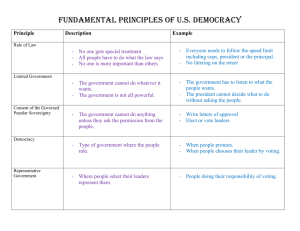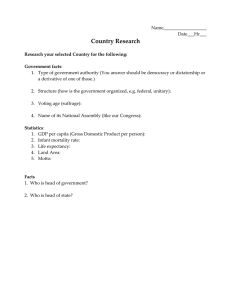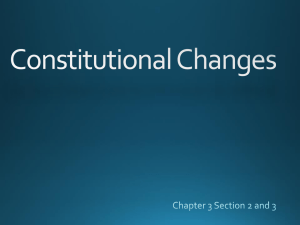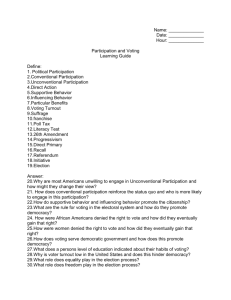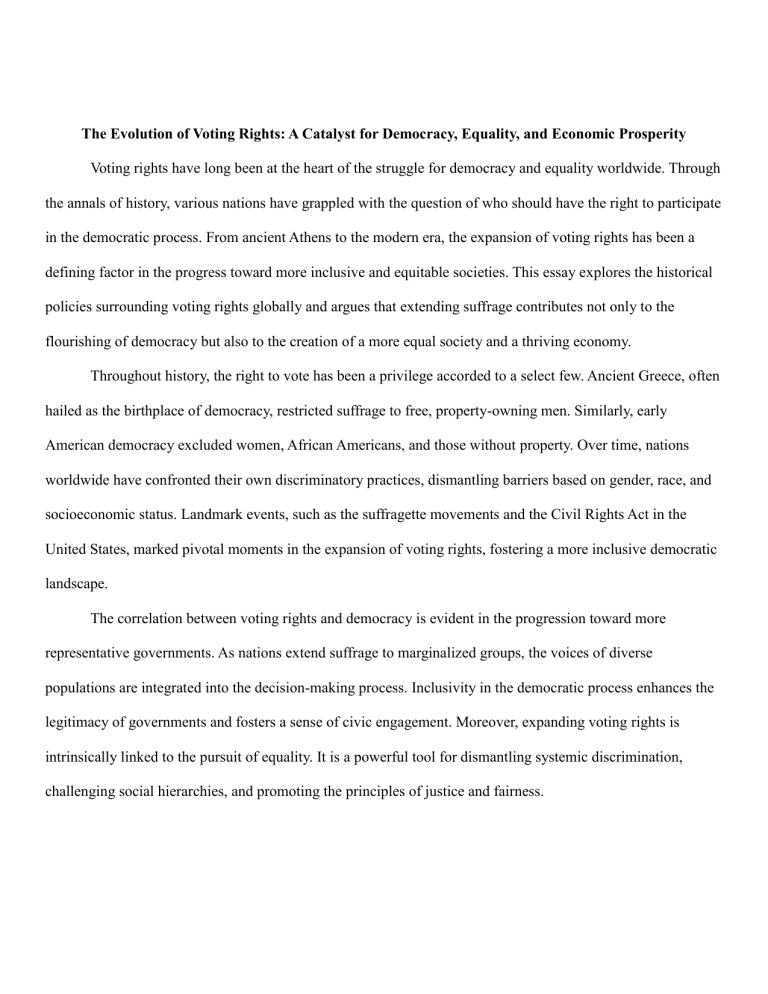
The Evolution of Voting Rights: A Catalyst for Democracy, Equality, and Economic Prosperity Voting rights have long been at the heart of the struggle for democracy and equality worldwide. Through the annals of history, various nations have grappled with the question of who should have the right to participate in the democratic process. From ancient Athens to the modern era, the expansion of voting rights has been a defining factor in the progress toward more inclusive and equitable societies. This essay explores the historical policies surrounding voting rights globally and argues that extending suffrage contributes not only to the flourishing of democracy but also to the creation of a more equal society and a thriving economy. Throughout history, the right to vote has been a privilege accorded to a select few. Ancient Greece, often hailed as the birthplace of democracy, restricted suffrage to free, property-owning men. Similarly, early American democracy excluded women, African Americans, and those without property. Over time, nations worldwide have confronted their own discriminatory practices, dismantling barriers based on gender, race, and socioeconomic status. Landmark events, such as the suffragette movements and the Civil Rights Act in the United States, marked pivotal moments in the expansion of voting rights, fostering a more inclusive democratic landscape. The correlation between voting rights and democracy is evident in the progression toward more representative governments. As nations extend suffrage to marginalized groups, the voices of diverse populations are integrated into the decision-making process. Inclusivity in the democratic process enhances the legitimacy of governments and fosters a sense of civic engagement. Moreover, expanding voting rights is intrinsically linked to the pursuit of equality. It is a powerful tool for dismantling systemic discrimination, challenging social hierarchies, and promoting the principles of justice and fairness. The relationship between voting rights and economic prosperity is multifaceted. A democratic system that embraces the participation of all citizens in the electoral process is more likely to produce policies that address the needs of the entire population. This inclusivity is essential for fostering social cohesion and stability. Moreover, a politically engaged citizenry is more likely to support economic policies that promote fairness and address income inequality, contributing to a more stable and flourishing economy. In conclusion, the historical trajectory of voting rights around the world demonstrates the inseparable link between suffrage, democracy, equality, and economic prosperity. As nations continue to expand voting rights, they move closer to the ideal of a truly inclusive and representative democracy. The benefits of such a democratic system extend beyond political realms, positively influencing social and economic structures. By recognizing the pivotal role of voting rights in shaping societies, we can strive for a future where every citizen has a voice, contributing to a more democratic, equal, and economically vibrant world.
